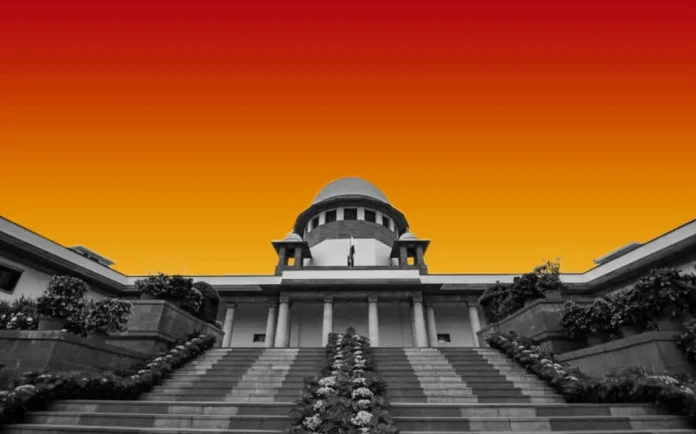The Supreme Court has deferred the judgment on whether the appointment of the Delhi Police Commissioner should align with its 2006 verdict in the Prakash Singh case, setting out criteria for the selection and tenure of state police chiefs.
The Bench of Justice Surya Kant and Justice N Kotiswar Singh observed that the question stemmed from the controversy surrounding the appointment of Rakesh Asthana as the Delhi Police Commissioner in July 2021, however, the issue became infructuous following his retirement in 2022.
The Bench refused to review the Delhi High Court verdict of October 2021, which affirmed Asthana’s appointment and held that the Prakash Singh guidelines, specifically the six-month residual service rule, did not apply to the police chief in Delhi.
Disposing of a petition filed by NGO Centre for Public Interest Litigation (CPIL) on Asthana’s appointment, the top court of the country left the questions of law open, to be decided at an appropriate stage.
The petition filed by CPIL contended that the 1984 Gujarat-cadre IPS officer was appointed as Delhi Police Commissioner on July 27, 2021, just four days before his retirement, for a tenure of one year.
Several petitions were filed in the Delhi High Court challenging Asthana’s appointment on the grounds that it violated the Prakash Singh judgment’s requiring a minimum six-month residual service for appointment as a Director General of Police (DGP).
A DGP is in charge of the entire state’s police force, while the Commissioner of Police is in charge of the Commissionerate. The Police Commissioner reports to the DGP in most cases. However, the Delhi Police is an exception, where both roles are held by the same officer.
Upholding the appointment, the High Court ruled on October 12, 2021, that the Union government should have discretion in selecting the police chief of the national capital, particularly when the officer in question had an unblemished service record.
The stipulations regarding the Prakash Singh verdict were confined to state DGP appointments and did not extend to the appointment of the Delhi Police Commissioner, it added.
The petitioners then moved the Supreme Court.
The Apex Court admitted the plea and issued notice to the Union government and Asthana in November 2022.
The Centre defended its decision on the grounds of ‘extremely challenging’ law enforcement conditions in the national capital, with national security implications. Asthana himself filed an affidavit supporting the High Court’s reasoning.
With Asthana’s retirement in July 2022, the issue of his appointment became moot, leading to the Apex Court judgment of February 26, which left the broader legal question unresolved.
Appearing for CPIL, Advocate Prashant Bhushan argued on Tuesday that the impugned part of the High Court verdict must be struck down to prevent it from being treated as a precedent.
Solicitor General Tushar Mehta, representing the Centre, maintained that the Prakash Singh verdict did not apply to the appointment of the Delhi Police Commissioner or officers belonging to the Arunachal Pradesh-Goa-Mizoram and Union Territory (AGMUT) cadre.
Noting that it could not issue a declaration in vacuum, the Apex Court
observed that certain situations might necessitate deviations from rules and regulations in the interest of public welfare and exigencies. Issuing a declaration might have some detrimental effect on the appointment of an extraordinary officer in extraordinary circumstances. The matter would be decided in an appropriate case, it added.
The Bench recorded in its order that since Asthana retired during the pendency of the case, the only issue that remained was whether this Court’s directions in the Prakash Singh case would apply to the appointment of the Commissioner of Police, Delhi.


